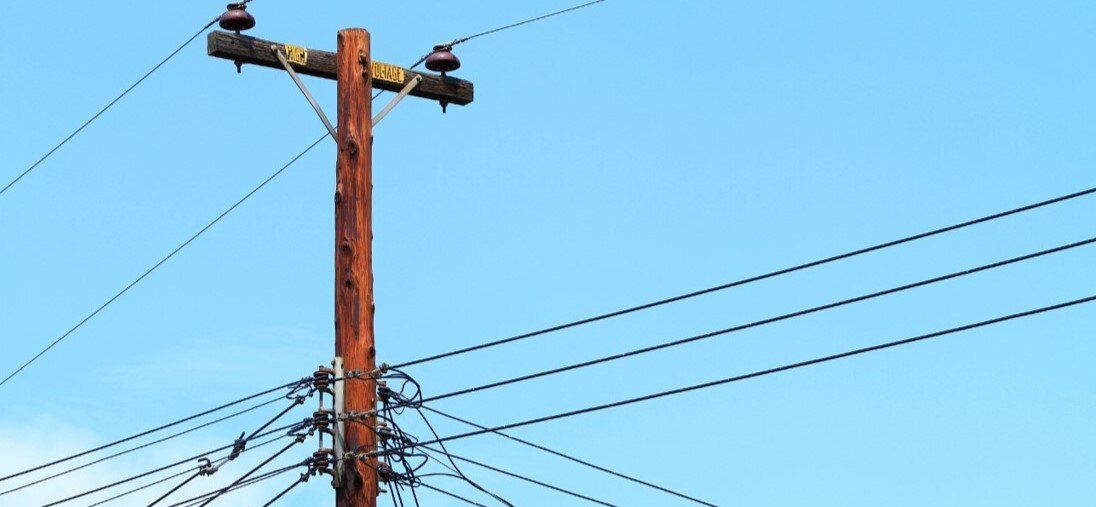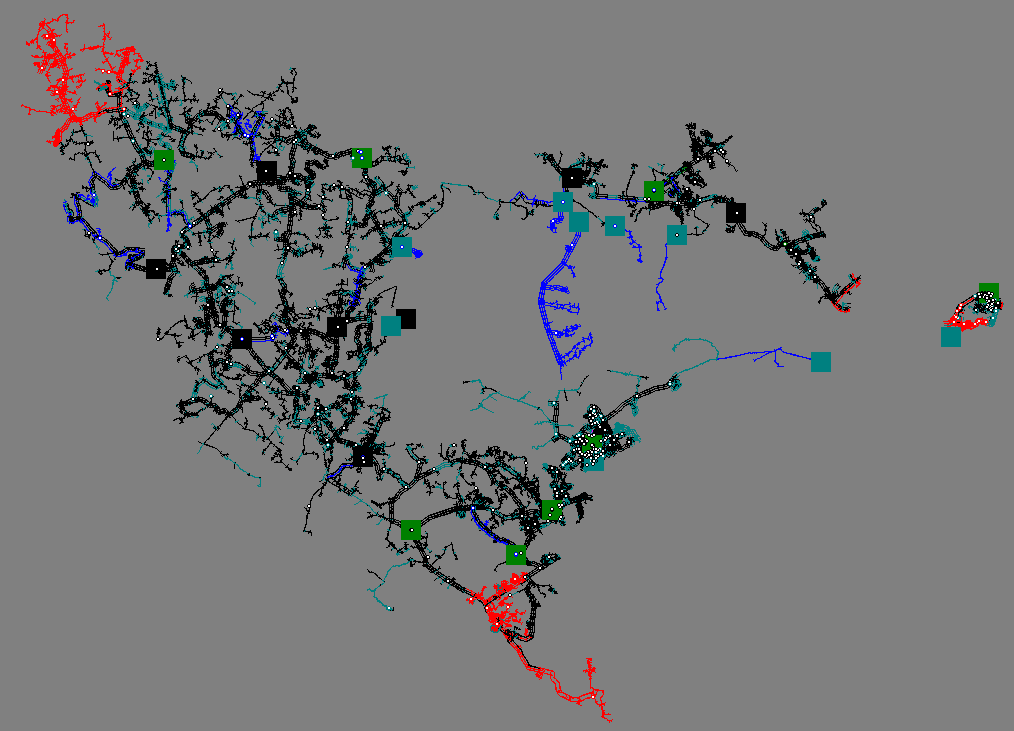Fill out the form below to speak with an Osmose professional.
Distribution Engineering & Design

With over 90 years of experience, Osmose offers end-to-end, turnkey services for distribution design and make-ready engineering for safe and reliable electricity delivery to facilities, businesses, and homes.
- Project Management. We create an outline of objections, the scope of work, outcomes, a detailed schedule of project phases, and the breakdown of associated costs.
- Bidding. Through the Osmose bidding process, we define the scope of work, develop any specifications, solicit and submit bid requests, and execute project work. We leverage competitive bidding to achieve cost savings, and high-quality work, and maintain transparency during procurement.
- Staking. Osmose engineers obtain conductor data and guy, anchor, and pole sizes while recording new pole locations, and retired and required assembles. We prepare drawings and materials then stake the new pole locations and anchor with the required permits.
- Make-Ready. Our team executes the required inspections, resiliency efforts, and compliance efforts to ensure a utility’s site and infrastructure can accommodate the installation or implementation of a new system, service, or equipment.
- Project Closeout. We conclude each project with a staff and board review and meetings with Rural Utility Service (RUS) or other regulators as needed to gain final approval and documentation. Our established ongoing communication cadence ensures confidence even after the project is complete.
System Modeling & Planning
We combine system load, billing, and map data to develop an accurate system model. Our software modeling expertise provides an accurate conceptual view of the system and any potential issues. We provide resource planning and budgeting, including project prioritization based on reliability metrics, expected load growth, and utility needs. We offer existing and proposed system improvements plotted on a system map. Our deliverables include construction work plans and long-range plans for electric cooperatives, sectionalizing/coordination studies, arc flash assessments, capacitor studies, and system scenario planning.

.png?width=243&name=Osmose-logo-(white).png)